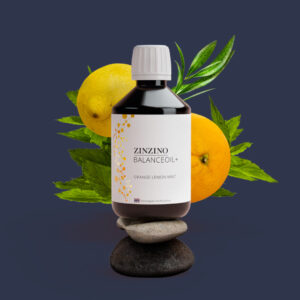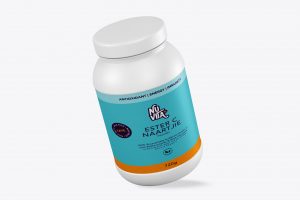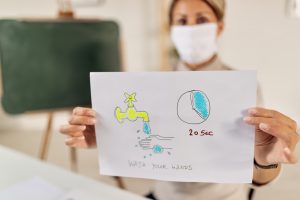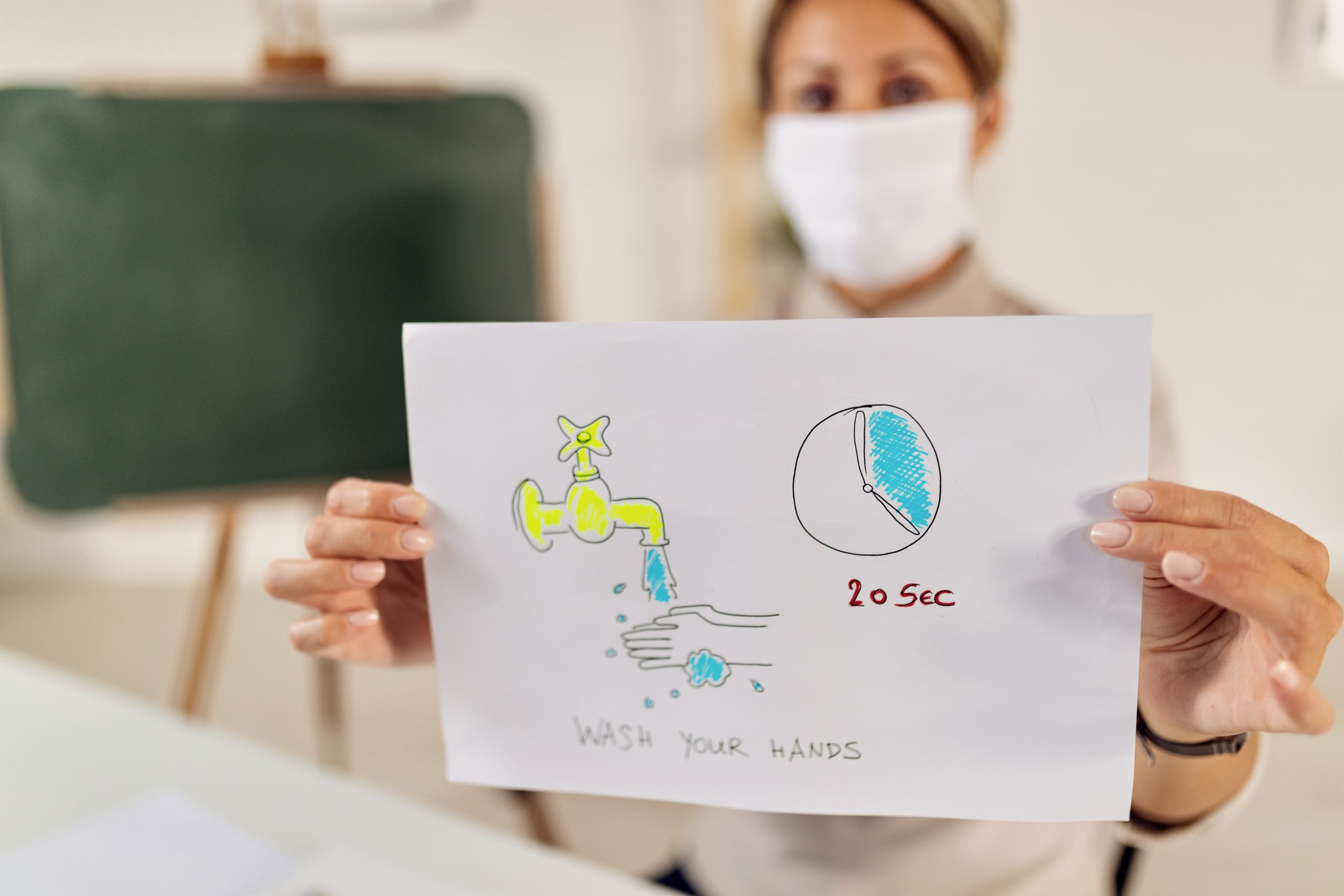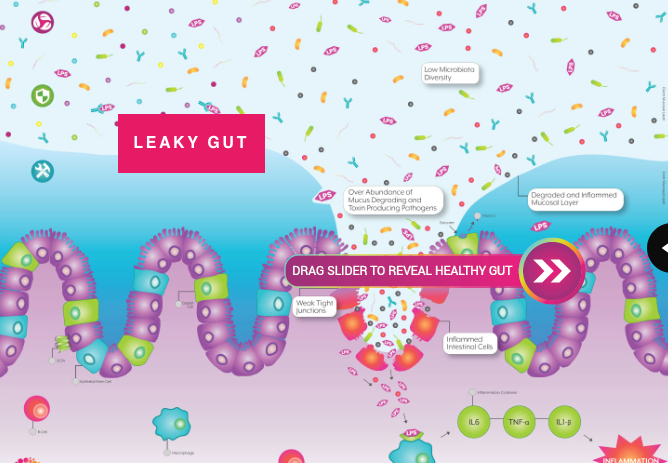In past articles I have written on the research relating to the importance of wearing a mask. I am posting this article because the research shows the masks that I see people wearing and being promoted as safe, are exposing the wearer to increased health risk.
We previously wrote about the scuba material face mask that has been assessed by a top university in the country for amongst other criteria, its breathability and lower risk compared to the 1, 2 or 3 layered material face masks. So when it comes to mask wearing because I am forced to do so when buying food, meeting up with someone or a client, I wear the thinnest mask that provides comfort and breathability, causing the least risk to my own health.
Exhaled viruses
OSHA Says Mask Don’t Work as Purported
The US. Department of Labor Occupational and Safety and Health Administration’s guidelines clearly show cloth and surgical masks don’t work to reduce transmission of COVID-19, and how they deplete the body of oxygen causing adverse health effects.
Dr. Russell Blaylock warns that not only do face masks fail to protect the healthy from getting sick, but they also create serious health risks to the wearer. The bottom line is that if you are not sick, you should not wear a face mask.
As businesses reopen, many are requiring shoppers and employees to wear a face mask. Many employers are requiring all employees to wear a face mask while at work. In some jurisdictions, all citizens must wear a face mask if they are outside of their own home. ⁃ TN Editor
Peggy Hall from www.TheHealthyAmerican.org explains how the material masks don’t work. After various comments and feedback Peggy becomes firmer to the facts.
[Update: Peggy followed up with a second video below titled, “Your Mask Protects Me?”]
While South Africa forced the mandatory use of masks in public, the WHO’s 2020 guidance recommends against wearing masks in community settings because of a lack of supporting scientific evidence and the potential for increased disease transmission through improper use.
“Wearing medical masks when not indicated may cause unnecessary cost, procurement burden and create a false sense of security that can lead to neglecting other essential measures such as hand hygiene practices.”
In fact, the WHO’s advice includes a caution that the improper use of masks may even “increase the risk of transmission associated with the incorrect use and disposal of masks.”
Given that South Africa are requiring the use of “face masks,” the following very stringent recommendations would need to heeded for them to provide any theoretical benefit:
- Place mask carefully to cover mouth and nose and tie securely to minimise any gaps between the face and the mask
- While in use, avoid touching the mask; – remove the mask by using appropriate technique (i.e. do not touch the front but remove the lace from behind)
- After removal or whenever you inadvertently touch a used mask, clean hands by using an alcohol-based hand rub or soap and water if visibly soiled.
- Replace masks with a new clean, dry mask as soon as they become damp/humid
- Do not re-use single-use masks6. Discard single-use masks after each use and dispose of them immediately upon removal.
- Cloth (e.g. cotton or gauze) masks are not recommended under any circumstance.
Since these recommendations were adopted from the healthcare setting, there is little assurance that those within regular communities — without medical training, supervision, supplies, and facilities — including young children, would be able to follow them stringently.
In exceptionally humid places like Florida, where do-it-yourself face masks made of cotten are not uncommon, the recently announced executive order in cities like Miami requiring everyone where masks in public spaces which does not qualify the type or proper use of these masks could be contributing to worsening the crisis, according to the WHO’s presumably authoratative and well-researched guidelines.
Our take on all of this mask wearing, is to rather focus on building your immunity and strengthen the immune response to any virus and disease by implementing optimum lifestyle factors such as a nutrient rich eating plan, bodily movement and sufficient sleep. See the benefits of Vitamin Ester C here.
Relevant links from the video above:
- GovernmentOSHA says Cloth Masks and Surgical Masks Don’t Work: https://www.osha.gov/SLTC/covid-19/co…
- OSHA defines oxygen deficient atmosphere as below 19.5% :https://www.osha.gov/laws-regs/regula…
- OSHA example of shipyard, where “oxygen deficient atmosphere is leading cause of fatalities: https://www.osha.gov/SLTC/etools/ship…
- CAL-OSHA states, “Cloth face covers are not protective equipment and do not protect the person wearing a cloth face cover from COVID-19.” https://dir.ca.gov/dosh/coronavirus/C…
- File a workplace safety complaint: https://www.dir.ca.gov/dosh/Complaint… Stay tuned for OSHA part two!Disclaimer: This article is not intended to provide medical advice, diagnosis or treatment. Views expressed here do not necessarily reflect those of GreenMedInfo or its staff.

